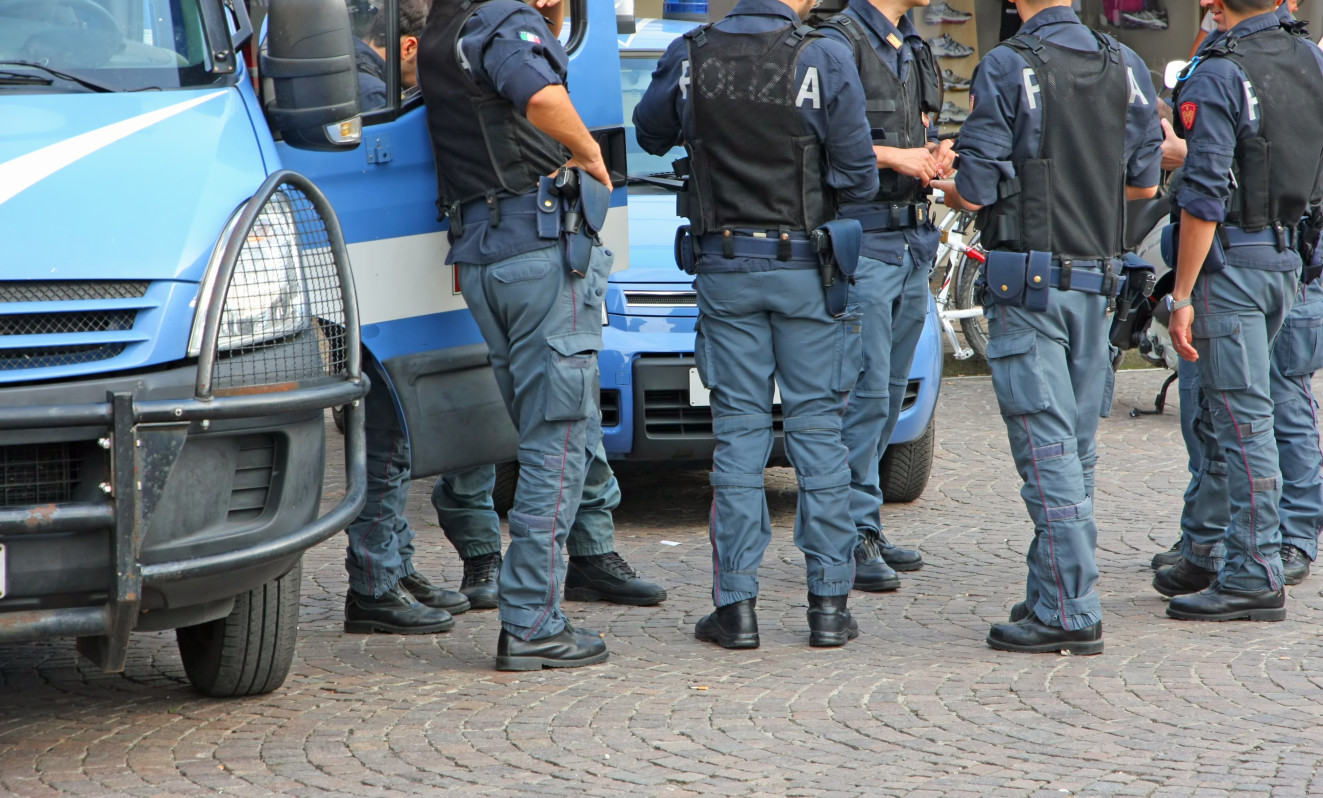The Group of States against Corruption expresses concerns on the Italian police forces and governement' transparency

The Group of States against Corruption (GRECO) was established in 1999 by the Council of Europe to monitor States’ compliance with the organization’s anti-corruption standards. Its objective is to improve the capacity of its members to fight corruption by monitoring their compliance with Council of Europe anti-corruption standards through a dynamic process of mutual evaluation and peer pressure. It helps to identify deficiencies in national anti-corruption policies, prompting the necessary legislative, institutional and practical reforms.
Italy has been a member of GRECO since 2007 and it has been subject to four evaluation rounds (2007, 2009, 2012 and 2016) focusing on different topics related to the prevention and fight against corruption.
Perception of corruption in Italy remains above the EU’s average. According to Transparency International’s Global Corruption Barometer 2021, 85% of respondents living in Italy think that corruption in Government is a big problem (while the EU average is 62%). However, as illustrated in the latest national election campaign, the fight against corruption and conflicts of interest are no longer a key element of the public and political debate. While law enforcement authorities are very active in the fight against corruption, some recent legislative developments may raise some concerns. Indeed, on July 10 2024, the Italian Parliament passed a bill that eliminates the crime of abuse of office (Article 323 of the Criminal Code), that is, those who commit offenses in the performance of their duties as public officials.
This is the context in which Italy’s Fifth Evaluation Round was launched, ultimately producing GRECO’s latest report in August 2024. The objective of this report is to evaluate the effectiveness of the measures adopted by the Italian authorities to prevent corruption and promote integrity in central governments (top executive functions) and law enforcement agencies. The report contains a critical analysis of the situation, reflecting on the efforts made by the actors concerned and the results achieved. It identifies possible shortcomings and makes recommendations for improvement.
Concerning the central government, GRECO observes that Italy has a sizeable legal and institutional framework dealing with the prevention and fight against corruption, but it is complicated to navigate, to the detriment of its efficiency. More generally, there is no common integrity framework applicable to all persons with top executive functions. Therefore, a systemic analysis of integrity risks and a specific code of conduct should apply to all, complemented by proper guidance, dedicated awareness-raising activities and confidential counseling on ethical issues.
Turning to the State Police, the Carabinieri and the Guardia di Finanza, GRECO is concerned about the low representation of women in all three forces, especially at managerial level. All three forces have a robust system in place for the prevention and management of integrity risks within their ranks. It could, however, be improved by introducing integrity checks in the context of transfers and promotions, as well as at regular intervals for the most exposed functions.
These recommendations are addressed to the authorities of Italy, which determine the national institutions/bodies that are to be responsible for taking the requisite action. Within 18 months following the adoption of this report, Italy shall report back on the action taken in response to GRECO’s recommendations.

